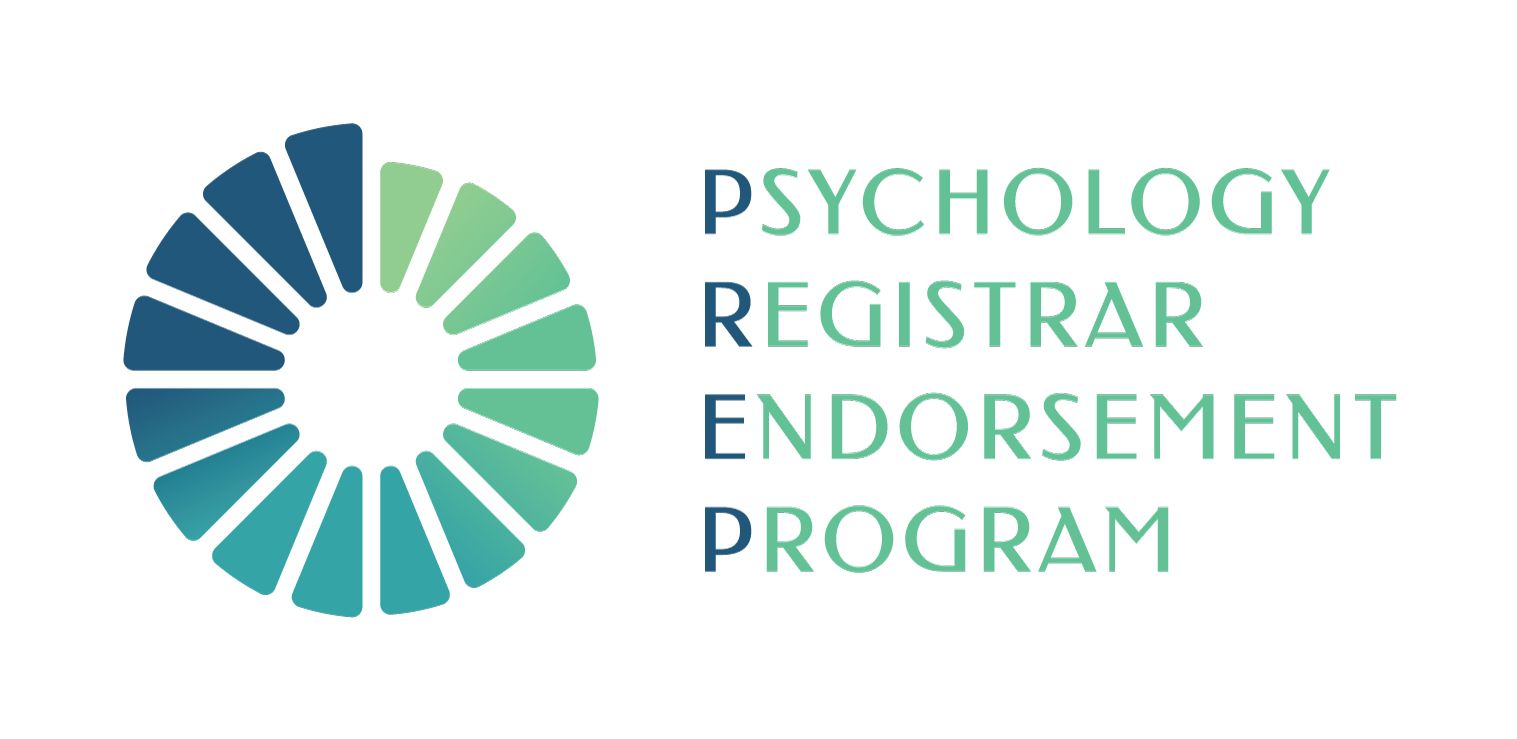Notes from supervision
Protecting Your Clients: Why Less is More in Progress Notes
In the world of psychology, the importance of maintaining accurate and comprehensive client records is undeniable. Progress notes serve as a crucial tool for tracking therapeutic progress, facilitating communication among treatment providers, and ensuring continuity of care. However, it is equally important to recognize that these notes can also become a double-edged sword, potentially exposing clients to unintended consequences in legal proceedings.
The Subpoena Scenario: A Wake-Up Call
Imagine this: You receive a subpoena requesting a client's file for a court case. As you review the file, you are suddenly struck by the realisation that some of the information you diligently documented could be used against your client, potentially harming their case or reputation. This scenario, while unsettling, serves as a powerful reminder of the importance of exercising discretion and restraint when writing progress notes.
The Redaction Exercise: A Revealing Experiment
To truly appreciate the potential risks associated with overly inclusive progress notes, try this exercise:
1. Random File Selection: Choose a client file at random from your records.
2. Photocopy: Make a photocopy of the entire file.
3. Redaction Time: Sit down with a black sharpie and carefully redact any information you believe could be detrimental to your client in a court proceeding.
4. Reflection: Take note of the redactions you made. These are the types of information you should avoid including in your progress notes going forward.
The Pitfalls of Overly Inclusive Notes
While it may be tempting to document every detail of a client's therapy journey, doing so can inadvertently create a treasure trove of information that could be exploited in legal proceedings. Some potential pitfalls of overly inclusive progress notes include:
- Client Confidentiality: Sensitive information about a client's personal life, relationships, or mental health history could be used to paint an unfavorable picture of them in court.
- Therapeutic Alliance: Detailed descriptions of disagreements or conflicts between therapist and client could be used to undermine the credibility of the therapeutic relationship.
- Diagnosis and Treatment: Speculative diagnoses or experimental treatment approaches could be misconstrued or used to question the competence of the therapist.
- Pre-existing conditions: In the case of personal injury, mention of a period of physical or psychological poor health prior to the date of the injury can seriously harm the client in court.
Striking the Right Balance
The goal is not to avoid documenting important clinical information but rather to do so in a way that protects client confidentiality and minimizes potential risks in legal proceedings. Here are some tips for writing progress notes that are both informative and protective:
- Focus on Objectivity: Stick to factual observations and avoid subjective interpretations or judgments.
- Use Professional Language: Avoid jargon or slang that could be misinterpreted or used to portray the client in a negative light.
- Be Concise: Keep notes brief and to the point, focusing on the most relevant clinical information.
- Consult with Colleagues: If you are unsure about whether to include certain information in a progress note, consult with a trusted colleague or supervisor.
By adopting a more mindful and selective approach to progress note writing, psychologists can better protect their clients while still maintaining accurate and useful clinical records. Remember, when it comes to progress notes, less is often more.
INSTANT DOWNLOAD: Ethical note-taking template


